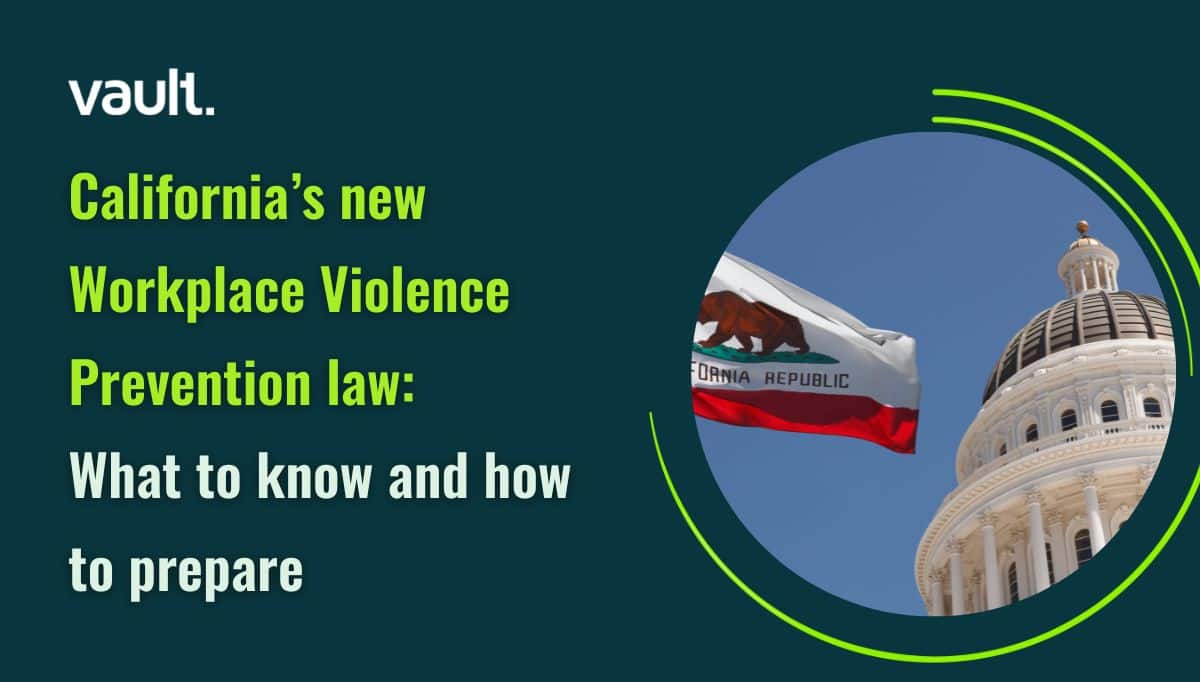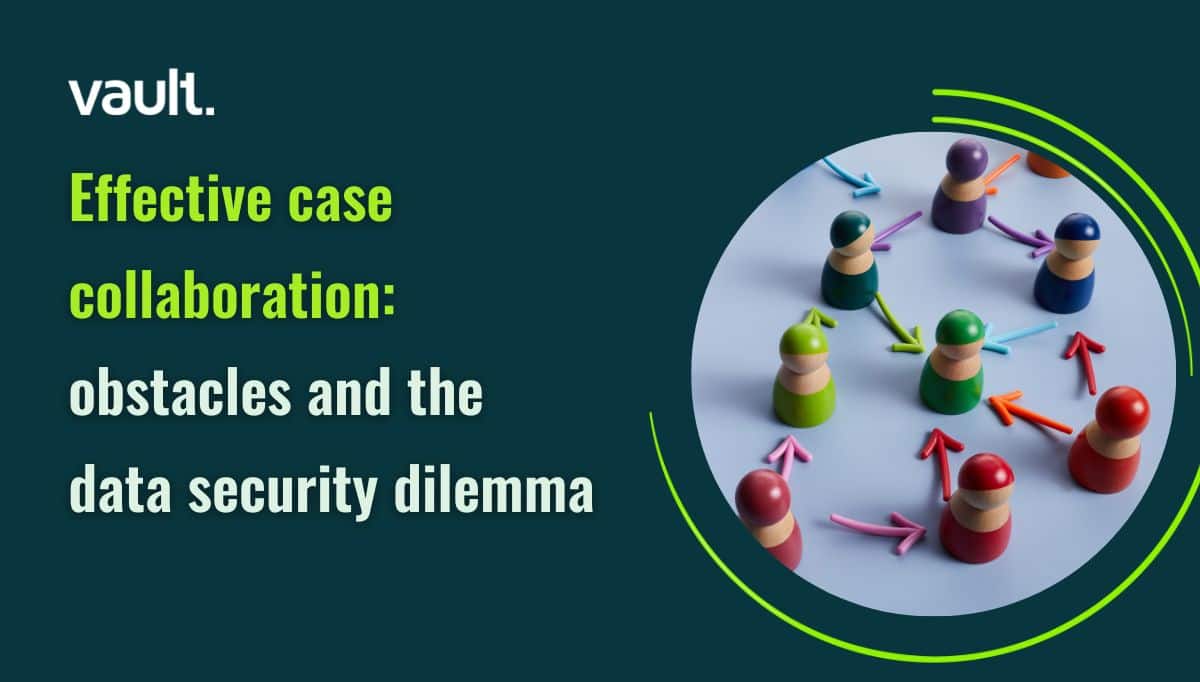Last week, Melinda Gates pledged $1 billion over the next decade to support women’s empowerment in the US. One of the key priorities for her initiative is dismantling the barriers to women’s professional advancement. Even though most women now work full-time, they are also the major caregiver and continue to face pervasive sexual harassment, discrimination, conscious and unconscious bias as well as harmful gender norms.
The news hit the headlines just as I was participating in a panel session for Women in HR Technology at the HR Technology conference in Las Vegas. The panel, led by Chris Havrilla of Bersin by Deloitte, was on New Technologies to Manage Workplace Diversity and the discussion echoed many of the sentiments set out by Melinda Gates.
It’s clear the issues surrounding women’s empowerment are very present in the social consciousness. One of the key points made during the panel was that in 2019 we shouldn’t still be making the case for diversity and inclusion but instead should be taking action. In a Time magazine article, Melinda Gates revealed that the thing that keeps her up at night is the fear of waking up one morning to find that the world has moved on and the media has stopped reporting on systemic inequalities.
What keeps you awake at night?
The fear that diversity is just a talking point that is fast running out of momentum is something that keeps many of us fighting for it awake at night. And so it should.
I founded Vault in the wake of #MeToo and my personal experience of workplace harassment. I founded the company because only 25% of misconduct experienced or witnessed at work is reported. Because women who are harassed are six times more likely to quit their jobs within 12 months – and when they leave they move laterally – they don’t progress in their career. Harassment, workplace bullying, and discrimination are harming the professional advancement of women every day.
On the panel with my co-speakers Ruth Thomas of Curo Compensation and Cecile Alper-Leroux of Ultimate Software, we talked about the gender pay gap and about how discrimination and harassment are the biggest contributors to this phenomenon. We talked about the humble progress made in equal representation and addressing the pay gap and how much is still to be done. But what I want to remind people is that these movements are not just about tipping the balance in the boardroom. They have to trickle down to every rung of the ladder below. Because otherwise, it’s just lip service.
In her Time article, Melinda Gates frames it like this: The window of opportunity was painstakingly pried open by the hundreds of thousands who have joined marches and by the millions of women who summoned the courage to tell their #MeToo stories.
#MeToo is for everyone
It’s not just grand gestures that moved the needle, but daily acts of courage from everyday women. #MeToo showed us that there is an appetite for change and people are increasingly willing to become agents of that change. While celebrity figures like Emma Watson and Alyssa Milano serve as champions of societal change, everyday women, men and other gender definitions alike are looking to their employers and CEOs for guidance and leadership in making change happen.
The consensus from the panel was that during this time when there is such a significant trust crisis – with a trust deficit in media and government – people are turning to their employer – almost out of desperation – to take the lead on sensitive issues such as discrimination, sexual harassment, and gender equality.
The window of opportunity will not stay open for long and we owe it to those millions who have worked hard to get us this far to make change happen. It’s great to see initiatives and investments such as that from Melinda Gates helping to move the dial by finding more innovative solutions – this is the reason for the existence of Vault after all. But it’s also our responsibility as employers to pick up the torch from the 71% that believe it is their CEO that should take the lead on change and show them that we can rise to the occasion. That we can find solutions.
If we’re going to act, we have to act now.
Watch the panel session on New Technologies to Manage Workplace Diversity here



